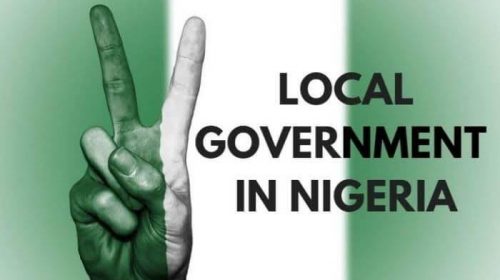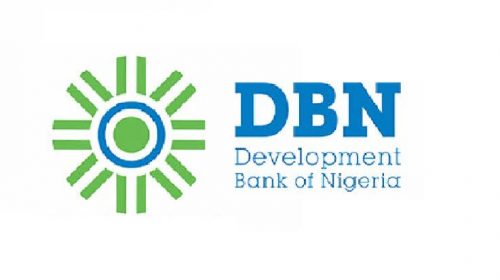Telecoms Records 1.23m New Subscribers

This represent the nation’s teledensity from 100.56 per cent to 101.20 per cent during the period.
SUPERNEWS reports that NCC at the weekend, disclosed that users of the services of the quartet of MTN, Globacom, Airtel and 9mobile increased from 191.9 million in October to 193.2 million in November.
From the figures, the new users were largely for voice subscriptions.
The new addition did not impact Internet subscription, but the users, especially, via the narrowband, marginally increased by 77, 553, moving from 139.9 million to 140 million within the period.
The statistics showed that MTN, as of November, had 58.1 million people using it as an Internet service provider; Globacom’s Internet users were 39.3 million; Airtel, 36.9 million and 9mobile, 5.77 million.
From the data, broadband penetration rate remained low as well, as players in the sub-segment only added 168,027 new users to the networks.
The broadband users figure moved from 76,146,156 to 76,314,183 within the period under review.
In another word, broadband penetration only leapt by 0.09 per cent.
Users of voice over internet protocol (VoIP) services with players, including, Smile Communications and Ntel, dropped from 340,542 in October to 339,427 one month after.
Despite the slow growth, MTN maintained its market dominance as the largest player in Nigeria. The telecommunications firm currently has 38 per cent market share with some 73.5 million customers. Globacom is next with 53.7 million users and 27.9 per cent penetration; Airtel through boasts of 27.4 per cent market share, servicing 52.9 million customers. 9mobile is fourth with 12.8 million users and 8.6 per cent market reach.
It would be recalled that as of at third quarter of 2021, the telecoms sector’s contribution to the nation’s Gross Domestic Product (GDP) fell by 2.48 per cent. Data from the NCC showed that the figure dropped from 14.42 per cent in Q2, 2021 to 11.94 per cent in Q3, 2021.
Checks showed that within the same period in 2020, the contribution was 11.20 per cent
Experts hinged the drop on several factors, comprising the federal government’s National Identity Number (NIN)-Subscriber Identity Module (NIN-SIM) policy, Twitter ban, weak consumer purchasing power and the Average Revenue Per User (ARPU).






Leave a Reply